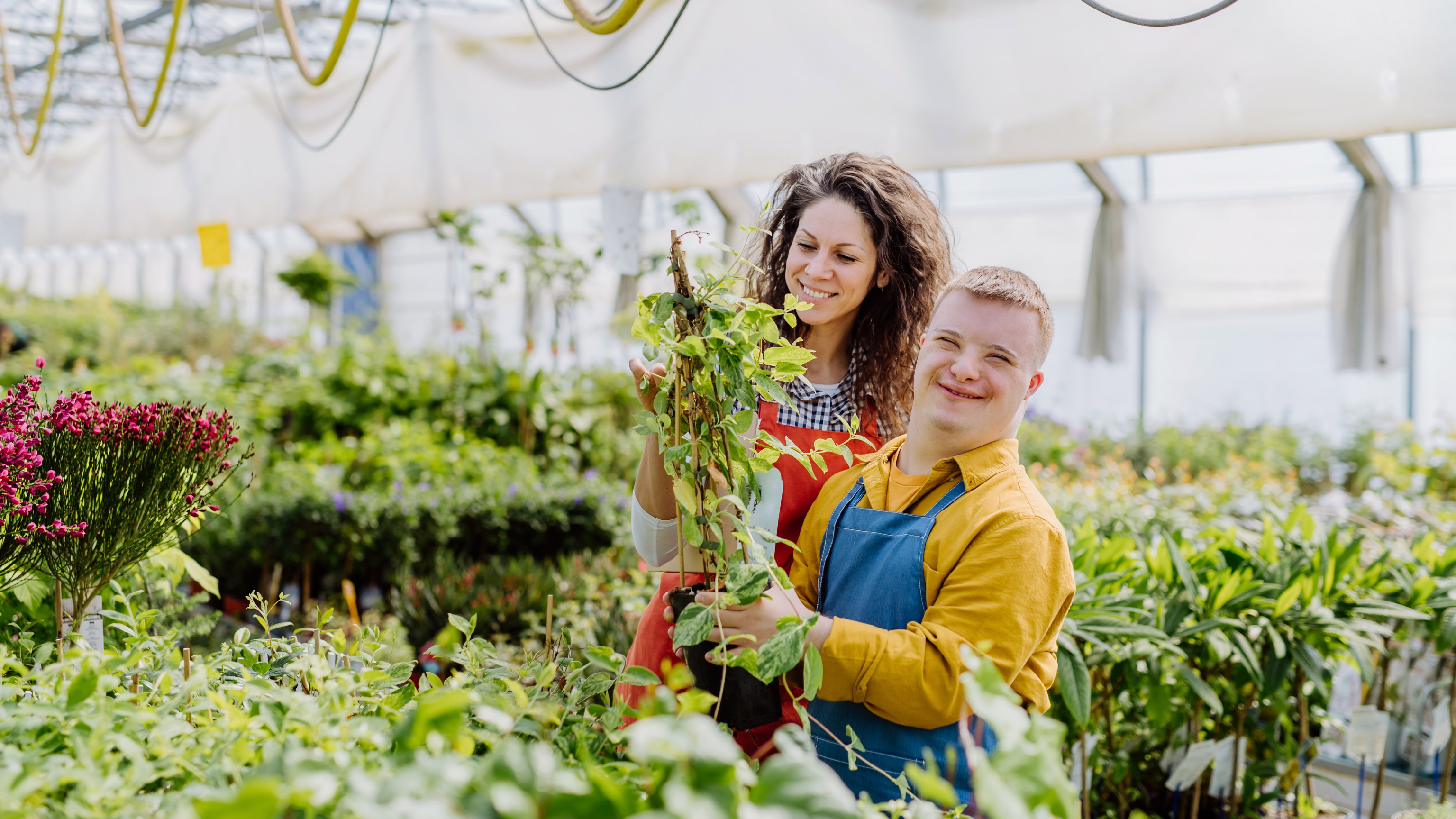Haere mai! Welcome to this topic, where we delve deeper into the concepts of autonomy and self-determination in a person’s health and wellbeing.
The goal of supporting and developing autonomy, while promoting self-determination, is to empower tāngata whaiora to strengthen their ability to make informed choices about their lives and care. This means not just maintaining current levels of autonomy but actively enhancing them over time to foster a sense of independence, dignity, and personal growth. By encouraging tāngata whaiora to actively participate in decision-making, support workers enable them to align their choices with their values, preferences, and cultural values, leading to a more meaningful and self-directed experience of health and wellbeing.
Before we continue, let’s refresh our understanding of some key concepts:
- Autonomy: Autonomy is the right and ability of an individual to make their own choices regarding their health and wellbeing. It emphasises the importance of having the freedom to decide without pressure or influence from others. For example, when a person is making decisions about their treatment, autonomy means they can choose what they think is best for them, based on complete information about their options. This includes understanding the risks, benefits, and alternatives to each option, ensuring that their decisions reflect their personal values and beliefs. Essentially, autonomy allows individuals to control their own lives and make informed choices about their care and lifestyle.
- Self-determination: Self-determination focuses on an individual’s ability to make choices about their life based on their unique values, beliefs, and preferences. It goes beyond just having the right to make decisions; it involves actively directing one's own path toward health and wellbeing. For instance, self-determination allows a person to choose not only their treatment options but also the healthcare providers they feel comfortable with and the types of support they prefer. It also includes the right to refuse treatment or seek services that align with their needs. In summary, self-determination is about empowering individuals to take charge of their own lives and make decisions that truly reflect who they are and what they want.
- Empower: Empowerment means offering people the tools and support they need to make their own choices and take control of their lives. When supporting tāngata whaiora, empowerment is about helping them gain the knowledge and confidence to make decisions that matter to them. This can involve providing information, resources, and encouragement, creating a friendly environment where their choices are respected. By empowering individuals, we help them believe in themselves and develop the skills needed to take charge of their health and wellbeing.
- Self-directed: Being self-directed means taking responsibility for your own decisions and actions. It shows that a person can recognise their own needs and wants, and they actively work towards their personal goals. Support workers play an important role in encouraging tāngata whaiora to lead their own care plans and set goals that matter to them. This approach helps individuals be proactive about their health and wellbeing, allowing them to make choices that reflect their values and preferences in their everyday lives.
Continue to our next section in this topic to explore the tools and strategies for supporting and developing autonomy and self-determination.
Tools and Strategies
There are several tools and strategies that support workers can use to support and develop the autonomy and self-determination of tāngata whaiora in community health, mental health, addiction or disability support setting. Time now to think about what these tools and strategies may include with our next learning activity.
Consider what you already know about autonomy and self-determination. Think about how, as a support worker, you can empower tāngata whaiora to strengthen their autonomy and self-determination. Use the question prompts in the following documentation tool to guide your thinking and record your ideas.
H5P Learning Task
Great job on answering the eight questions in the documentation tool! By doing so, you’ve identified eight important tools and strategies that can help support and develop autonomy and self-determination for tāngata whaiora. Below, you'll find a handy summary of these tools and strategies. The eight strategies described on the cards match the questions from the documentation tool. You can flip each card to see a practical example for each tool.
Feel free to use this summary to check your answers and add any extra thoughts or notes to your saved document. Enjoy reflecting on all the valuable insights you’ve gained!
H5P here
End of Topic and Module
Mahi tika ana! You’ve successfully completed this section, and your commitment to learning and doing things the right way is commendable! There has been a wealth of learning in this topic on autonomy and self-determination, as well as throughout the entire module.
You’ve explored your own cultural identity and its influence on your support work practices. You’ve delved into the principles and values of Māori and Pasifika cultures, discussing culturally safe practices in health and wellbeing settings. Additionally, you’ve examined the interpersonal skills, such as effective communication, that are essential for interacting with tāngata whaiora and their whānau, helping to build respectful and trusting relationships.
Fantastic job! Keep it going as we move into our next module—Professional and Ethical Practice—where you'll gain even more essential skills to prepare you for your role as a support worker.
